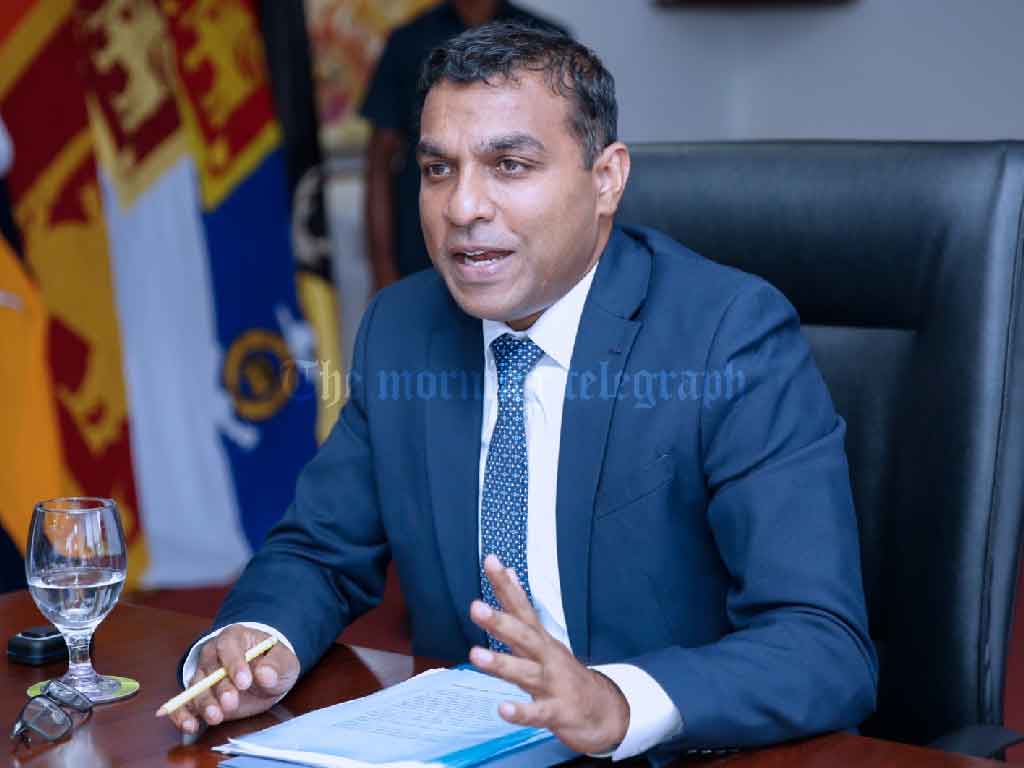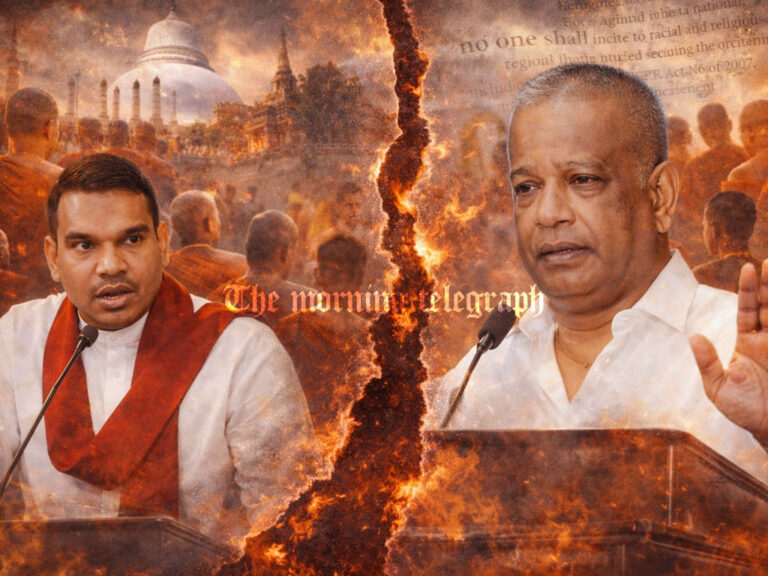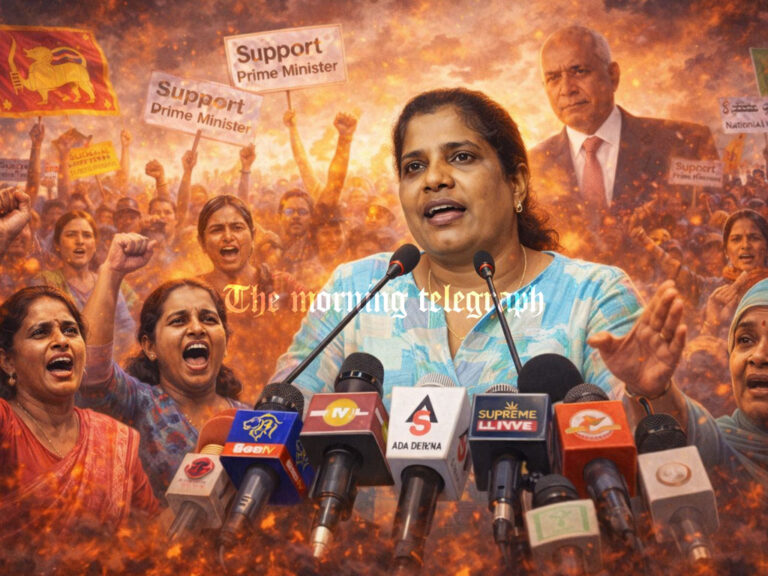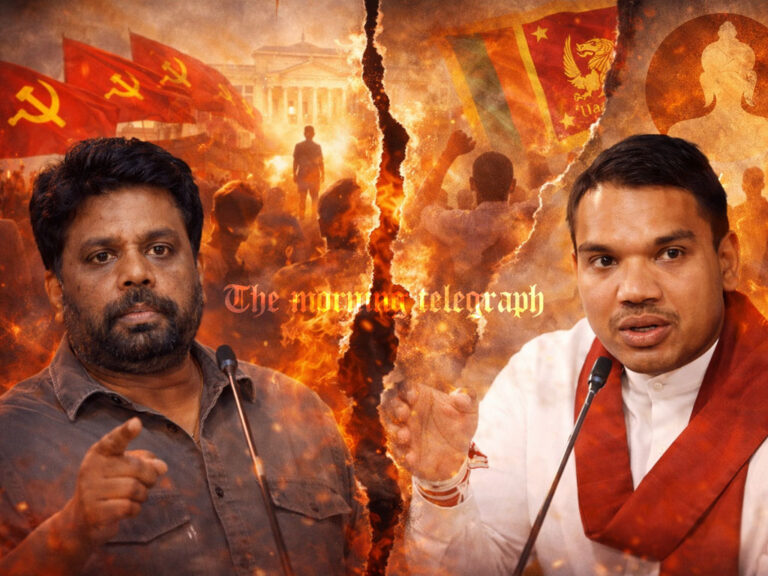
In a sharp critique of the current leadership of the opposition, former State Minister of Defense, Pramitha Bandara Tennakoon, has called on all opposition parties in Sri Lanka to unite under a stronger leadership that can effectively challenge the National People’s Power (NPP). Speaking during a discussion in the Dambulla area, Tennakoon stated that Sajith Premadasa, the leader of the opposition, is not the right choice to provide the leadership needed to rival NPP’s Anura Kumara Dissanayake.
Tennakoon emphasized that while he holds no personal animosity toward Premadasa, the country at large has rejected him as an alternative to Dissanayake. He pointed out that Premadasa’s leadership has failed to create a cohesive opposition force, and this weakness has led to frustration within the ranks of the opposition.
“I congratulate the Janatha Vimukthi Peramuna-led National People’s Power for their victory,” Tennakoon began, acknowledging the NPP’s growing influence. “But we must be clear, we are not willing to follow the kind of politics that the NPP engaged in when it was in the opposition. They obstructed the government at every turn, staging protests, organizing strikes, and spreading misleading narratives across the country. This is not the way forward for responsible opposition politics.”
Tennakoon’s remarks reflect a broader sentiment of discontent with the current state of the opposition, where personal interests have often taken precedence over collective unity. He called for opposition parties to work together for the country’s well-being, putting aside differences and personal ambitions in favor of a common goal: to provide a credible alternative to the current government.
“We need an opposition leadership that can stand strong against the National People’s Power,” Tennakoon continued. “It cannot be Sajith Premadasa or anyone from the Sajabhava group. This is something that the entire country acknowledges. We need new leadership, one that can lead the opposition with clarity, responsibility, and vision.”
The comments reflect growing frustration within the opposition ranks, as many parties feel the current leadership is failing to present a united and effective front in challenging the ruling party. Tennakoon’s call for unity is not just a critique of Premadasa, but a broader plea for a more organized and strategic opposition movement.
Tennakoon concluded by urging all opposition leaders and parties to work together, set aside personal rivalries, and focus on forming a strong, cohesive leadership. “We must work together, not for personal gain, but for the future of the country,” he said. “Only through unity can we offer the people of Sri Lanka a viable alternative to the current government.”
As tensions continue to rise within the opposition, Tennakoon’s call for change may be a turning point in Sri Lanka’s political landscape, signaling a shift towards greater collaboration—or further division.




